Shaping a Future of Rights: Freedom of expression as a driver for all other human rights
Written by Anioke Chidera Praise, intern (Citizens Common)
Freedom of expression is one of the fundamental human rights stated in article 9 of the universal declaration of human Rights. It is also embedded in section 39 (1) of the 1999 Constitution of Nigeria. Freedom of expression serves as the voice of other human rights. Although in Nigeria, that is not the case.
Agba Jalingo, a journalist in Cross River State, was arrested in August 2019 for accusing Gov. Ben Ayade of diverting 500 billion naira of public funds into his personal account. A lot of charges were placed on him including terrorism. Agba Jalingo was detained for 5 months and his bail appeal was denied twice. He was allegedly offered money to stop criticizing the government which he refused. He was eventually released after much intervention.
The Agba Jalingo case is one out of the many cases where freedom of expression, a fundamental human right, has been abused.
The inability of the Nigeria government to take criticism and be held accountable for their action is one barrier to freedom of expression and press in Nigeria. Most investigations and publications released by the media and journalists are seen as terrorism by the “high and the mighty”. The Nigerian government uses conventional and unconventional methods to silence the press.
Omoyele Sowore, a Nigerian journalist based in New Jersey, was a strong critic of the government. He started the nationwide #revolutionnow protest in 2019 and was arrested by the DSS in his hotel room. He was charged with terrorism and later granted bail by the court. The DSS released them only to re-arrest him less than 24 hours after the bail was granted. This was seen as a breach of the rule of law and several US senators spoke strongly against this act.
The Media freedom of the press is also abused by influential members of the society.
Although, the media houses are not blameless. Some Media houses have been called out by citizens for collecting bribes from individuals in order to publish false/not verify stories about political or business rivals. This is also an abuse of freedom of expression by the media.
The media are an integral part of ensuring a transparent democratic process in all countries. One possible solution to the challenges with media freedom will be the adoption of the Windhoek Declaration. The Windhoek declaration produced by UNESCO clearly stated that any communication or materials published shall be considered “rights to be fully exercise”. If the Windhoek declaration is adopted and implemented, there’ll be over 35 countries watching over the press. This will help to checkmate the government.
In addition, The judiciary should be given the full independence it deserves in cases of human rights violation without interference from the executive arm of government. In conclusion, it is relevant to note that if these measures are put in place freedom of expression will be used for the betterment and development of Nigeria as a nation. According to the United Nations, “The right to freedom of expression, enshrined in Article 19 of the Universal Declaration of Human Rights, is a prerequisite and a driver to the enjoyment of all other human rights”
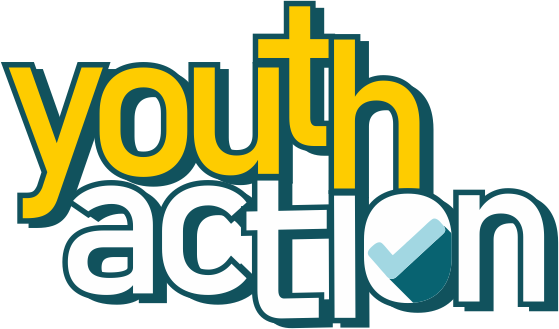
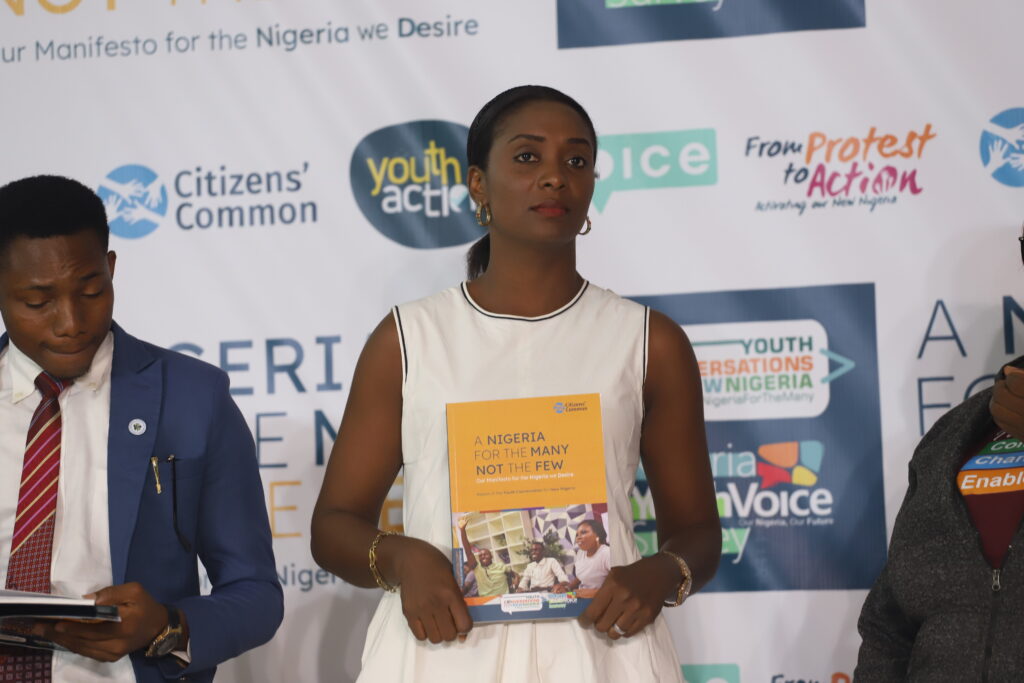
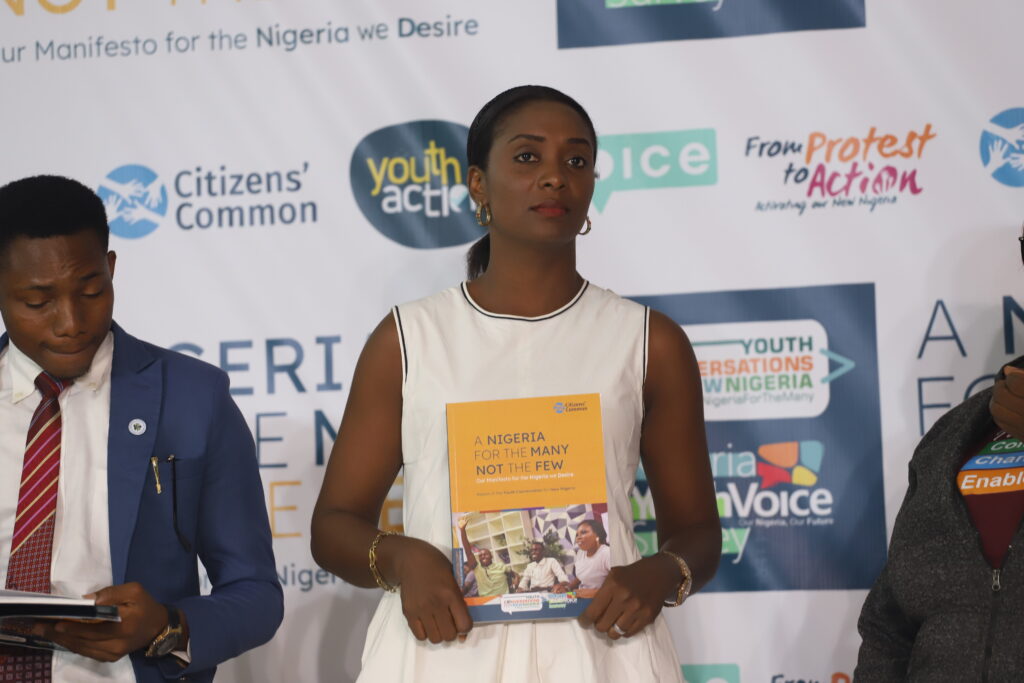
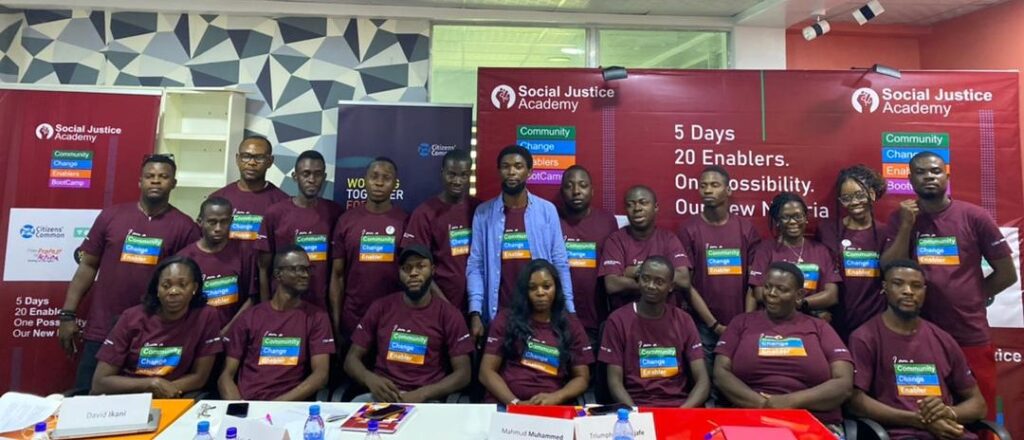
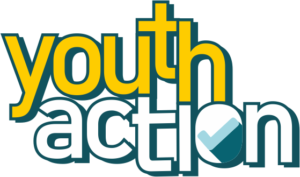


Responses